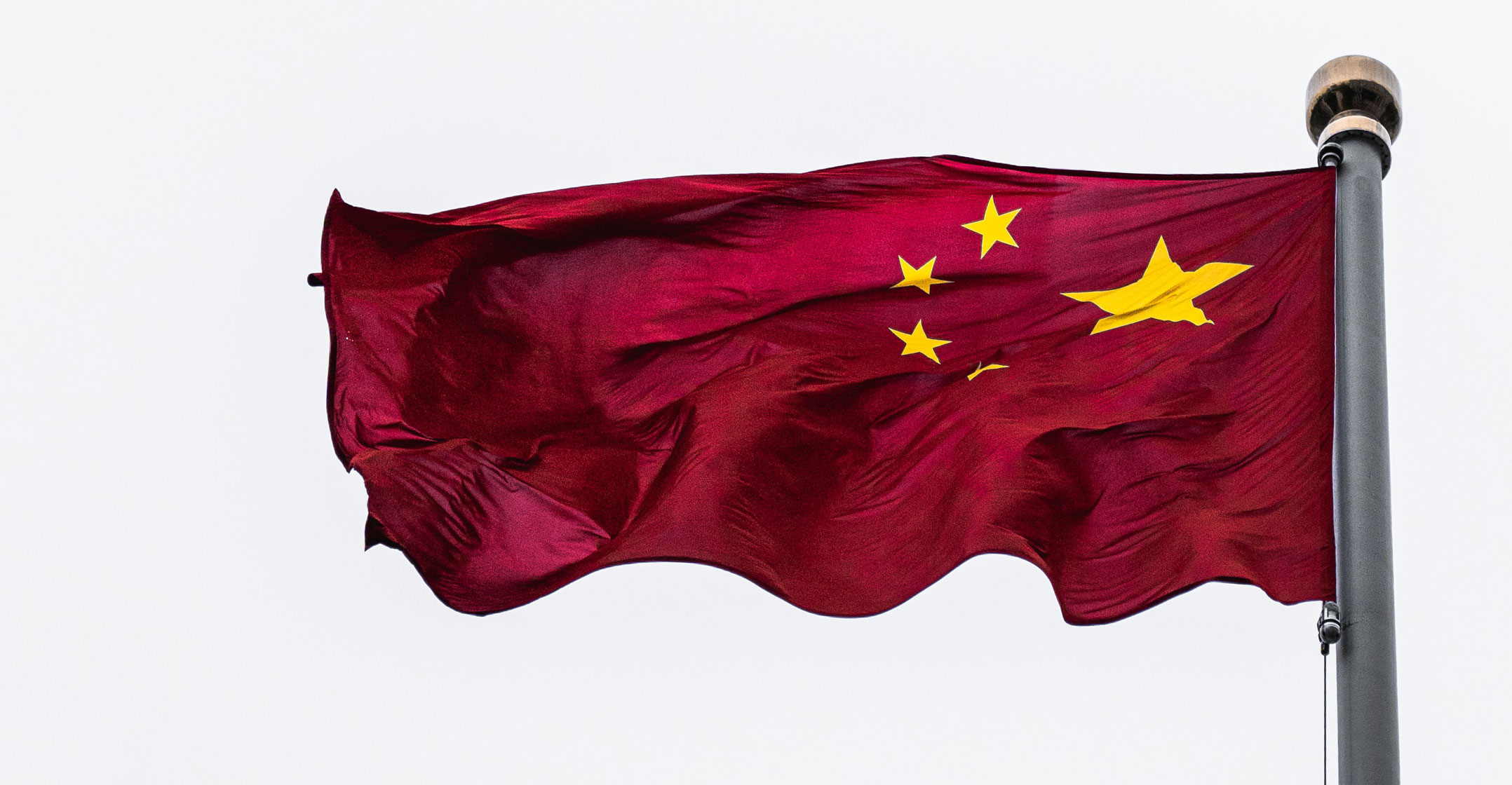
The US is considering limiting shipments of American chip-making equipment to memory chip makers in China including Yangtze Memory Technologies, according to four people familiar with the matter, part of a bid to halt China’s semiconductor sector advances and protect US companies.
If President Joe Biden’s administration proceeds with the move, it could also hurt South Korean memory chip juggernauts Samsung Electronics and SK Hynix, the sources said, speaking on condition of anonymity. Samsung has two big factories in China while SK Hynix is buying Intel’s NAND flash memory chips manufacturing business in China.
The crackdown, if approved, would involve barring the shipment of US chip-making equipment to factories in China that manufacture advanced NAND chips.
It would mark the first US bid through export controls to target Chinese production of memory chips without specialised military applications, representing a more expansive view of American national security, according to export control experts.
The move also would seek to protect the only US memory chip producers, Western Digital and Micron Technology, which together represent about a quarter of the NAND chip market.
NAND chips store data in devices such as smartphones and PCs and at data centres for the likes of Amazon, Facebook and Google. How many gigabytes of data a phone or laptop can hold is determined by how many NAND chips it includes and how advanced they are.
Under the action being considered, US officials would ban the export of tools to China used to make NAND chips with more than 128 layers, according to two of the sources. LAM Research and Applied Materials, both based in Silicon Valley, are the primary suppliers of such tools.
All the sources described the administration’s consideration of the matter as in the early stages, with no proposed regulations yet drafted.
‘Impairing’
Asked to comment on the possible move, a spokesman for the US commerce department, which oversees export controls, did not discuss potential restrictions but noted that the Biden administration is “focused on impairing China’s efforts to manufacture advanced semiconductors to address significant national security risks to the US”.
Yangtze Memory Technologies, founded in 2016, is a rising power in manufacturing NAND chips. Micron and Western Digital are under pressure from Yangtze’s low prices, as the White House wrote in a June 2021 report. Yangtze’s expansion and low-price offerings present “a direct threat” to Micron and Western Digital, that report said. The report described YMTC as China’s “national champion” and the recipient of some US$24-billion in Chinese subsidies.
Yangtze, already under investigation by the US commerce department over whether it violated export controls by selling chips to Chinese telecommunications company Huawei, is in talks with Apple to supply the top US smartphone maker with flash memory chips, according to a Bloomberg report.
LAM Research, SK Hynix and Micron declined comment on the US policy. Samsung, Applied Materials, Yangtze and Western Digital Corp did not immediately respond to requests for comment.
Tensions between China and the US over the tech sector deepened under Biden’s predecessor, Donald Trump, and have continued since. Reuters reported on 8 July that Biden’s administration is also considering restrictions on shipments to China of tools to make advanced logic chips, seeking to hamstring China’s largest chip maker, SMIC.

The US congress last week approved legislation aimed at helping the US compete with China by investing billions of dollars in domestic chip production.
Chip makers that take money under the measure would be prohibited from building or expanding manufacturing for certain advanced chips, including advanced memory chips, at a level to be determined by the administration, in countries including China.
According to Walt Coon of the consulting firm Yole Intelligence, Yangtze accounts for about 5% of worldwide NAND flash memory chip production, almost double from a year ago. Western Digital stands at about 13% and Micron 11%. Coon said Yangtze would be greatly hurt by restrictions like those that Biden’s administration is contemplating. “If they were stuck at 128, I don’t know how they would really have a path forward,” Coon said.
Production of NAND chips in China has grown to more than 23% of the worldwide total this year from under 14% in 2019, while production in the US has decreased from 2.3% to 1.6% over the same period, Yole data showed. For the American companies, nearly all of their chip production is done overseas.
It was unclear what impact the potential restrictions might have on other players in China. Intel, which retains a contract to manage operations in the factory it is selling to SK Hynix in China, is already producing memory chips with 144 layers at the Chinese site, according to an Intel press release. — Alexandra Alper and Karen Freifeld, with Stephen Nellis, (c) 2022 Reuters

